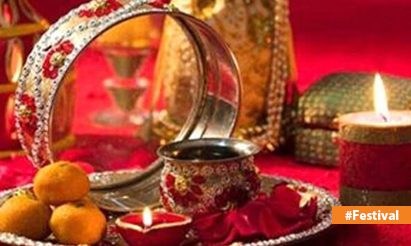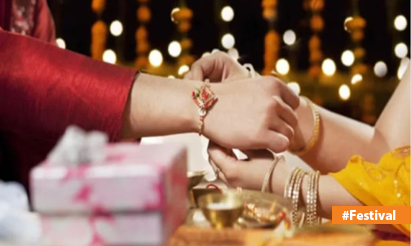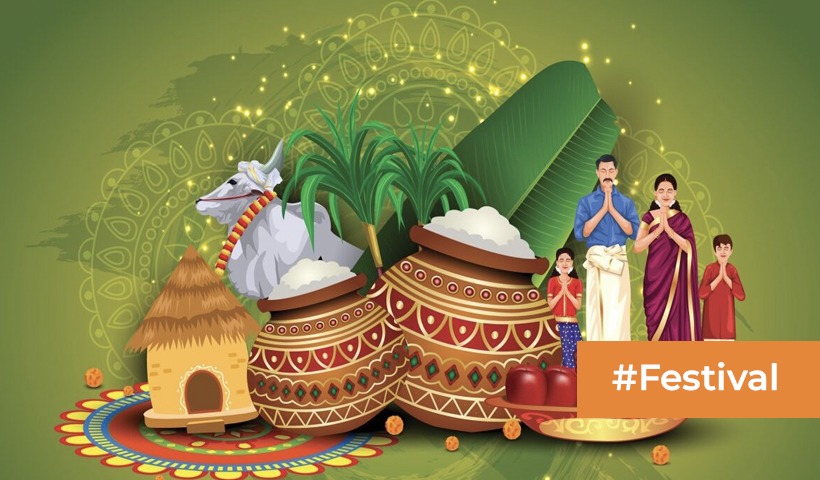Mahashivratri 2024: Embracing Tradition – Celebrations, Fasting, and Significance at Home
Mahashivratri, one of the most significant festivals in Hindu culture, is celebrated with great fervor and devotion across India and in many parts of the world. It marks the convergence of devotees from various walks of life, coming together to honor Lord Shiva, the supreme deity of destruction and transformation. In this article, we will delve into the celebration, fasting rituals, and the profound significance of Mahashivratri.
What is Mahashivratri?
Mahashivratri, literally translating to “The Great Night of Shiva,” is an annual Hindu festival dedicated to Lord Shiva. It falls on the 14th day of the lunar month of Phalguna or Maagha, typically in February or March according to the Gregorian calendar. Devotees observe this day with reverence and piety, engaging in various rituals and prayers to seek the blessings of Lord Shiva.
History and Mythology
Origin of Mahashivratri
According to Hindu mythology, Mahashivratri marks the wedding anniversary of Lord Shiva and Goddess Parvati. It is believed that on this auspicious night, Lord Shiva performed the cosmic dance of creation, preservation, and destruction.
Legends associated with Mahashivratri
One popular legend associated with Mahashivratri is the churning of the ocean of milk (Samudra Manthan), where Lord Shiva consumed the poison (halahala) to save the universe from destruction. Another legend narrates the story of a hunter named Suswara who inadvertently worshipped Lord Shiva on this night and attained liberation.
Celebration of Mahashivratri
Mahashivratri is celebrated with immense enthusiasm and devotion. Devotees visit Shiva temples, offer prayers, perform Rudrabhishekam (pouring of sacred water), and chant mantras dedicated to Lord Shiva. The atmosphere resonates with the sound of bells, conch shells, and devotional songs praising the glory of Lord Shiva.
Rituals and customs
Various rituals are performed on Mahashivratri, including fasting, night-long vigils (Jagaran), and recitation of Shiva mantras. Devotees adorn Shiva lingams with flowers, milk, honey, and bael leaves, symbolizing purity and devotion.
Traditional practices
In some regions, devotees engage in traditional practices like offering bael leaves, dhatura, and cannabis to Lord Shiva as part of their worship. The significance of these offerings lies in their association with Shiva’s preferences and attributes.
Fasting on Mahashivratri
Importance of fasting
Fasting on Mahashivratri is believed to cleanse the body and soul, bestow divine blessings, and facilitate spiritual awakening. It is seen as a way to purify one’s thoughts and actions, fostering a deeper connection with the divine.
Types of fasting
There are different types of fasting observed on Mahashivratri, ranging from strict abstention from food and water to consuming fruits, milk, and specific fasting-friendly foods. Some devotees undertake Nirjala (waterless) fasting, refraining from consuming any food or water throughout the day.
Foods to eat during fasting
During the fasting period, devotees consume sattvic (pure) foods such as fruits, milk, nuts, and root vegetables. These foods are believed to enhance spiritual consciousness and promote physical well-being while maintaining the sanctity of the fast.
Observing Mahashivratri at Home
Creating a sacred ambiance
At home, devotees prepare for Mahashivratri by cleaning and decorating their puja rooms with flowers, lights, and sacred symbols. The ambiance is filled with incense fragrance, creating a serene atmosphere conducive to meditation and prayer.
Puja rituals at home
Families gather for special puja ceremonies, where they offer prayers, perform abhishekam (ritual bathing) to Shiva lingams, and chant sacred mantras. The focus is on invoking the blessings of Lord Shiva for health, prosperity, and spiritual fulfillment.
Family traditions
Mahashivratri also fosters family bonding and traditions, with elders narrating stories of Lord Shiva’s divine grace and significance. Children participate in the festivities, learning the customs and rituals passed down through generations.
Significance of Mahashivratri
Spiritual significance
Mahashivratri holds profound spiritual significance, symbolizing the victory of light over darkness and the triumph of righteousness over evil. It serves as a reminder of the eternal cycle of creation, preservation, and dissolution, urging devotees to transcend worldly attachments and realize the true essence of existence.
Cultural importance
Beyond its spiritual significance, Mahashivratri is deeply ingrained in the cultural fabric of India. It transcends regional boundaries and unites people from diverse backgrounds in a collective celebration of faith and devotion.
Conclusion
Mahashivratri, celebrated with fervent devotion and traditional fervor, exemplifies the rich cultural heritage and spiritual ethos of India. As devotees immerse themselves in prayers and rituals, they seek to awaken the divine consciousness within and experience the transcendental grace of Lord Shiva.
Unique FAQs
- Why is fasting important on Mahashivratri?
Fasting is considered auspicious on Mahashivratri as it is believed to purify the body and mind, enabling devotees to connect with the divine on a deeper level. - Can children participate in Mahashivratri celebrations?
Yes, children are encouraged to participate in Mahashivratri celebrations, learning about the significance of the festival and engaging in age-appropriate rituals and prayers. - What are some traditional dishes prepared during Mahashivratri fasting?
Traditional dishes like sabudana khichdi, kuttu ki puri, and vrat ke chawal are commonly prepared during Mahashivratri fasting, adhering to the dietary restrictions observed on this auspicious day. - How long do Mahashivratri celebrations typically last?
Mahashivratri celebrations often extend throughout the night, with devotees engaging in Jagarans (night-long vigils) and performing various rituals until the early hours of the morning. - Is Mahashivratri celebrated differently in different regions of India?
Yes, Mahashivratri is celebrated with regional variations and customs across India, reflecting the diverse cultural tapestry of the country.
Disclaimer: The views expressed above are for informational purposes only based on industry reports and related news stories. PropertyPistol does not guarantee the accuracy, completeness, or reliability of the information and shall not be held responsible for any action taken based on the published information.




